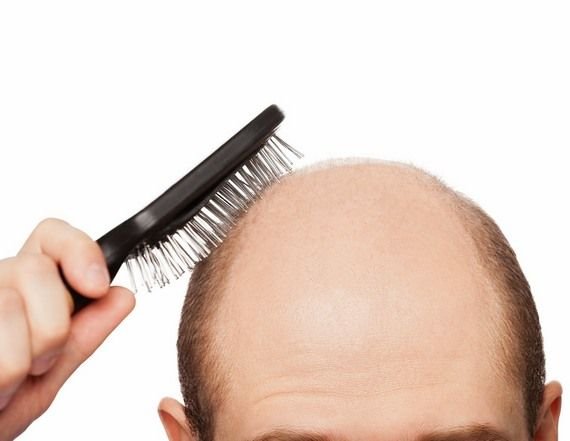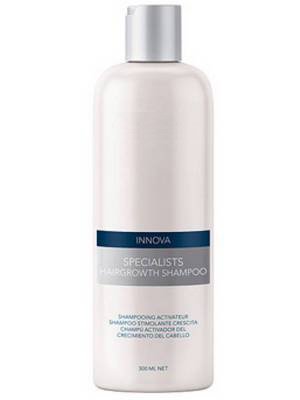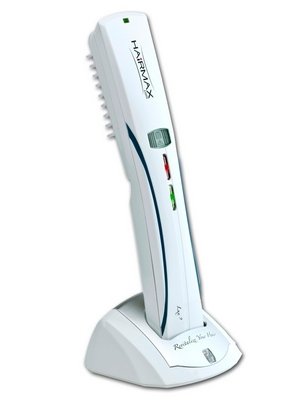Hair Vitamins

Vitamins are not a treatment to stop hair loss; especially relating to genetic loss. However, vitamins are great for improving current hair health and follicle health.
The main hair vitamin to use is called Biotin. This is a naturally occurring nutrient our bodies need for hair growth, health, and even nail growth. Individuals taking these vitamins have noticed stronger hair, nails, and better growth. A few have noticed that weight loss is concurrent with taking more biotin; however, it is not scientifically proven. Vitamins B12, B3, C, E, and D have also been associated with better hair health as many help with dryness, circulation, and absorption of calcium.
Calcium is another nutrient essential to hair growth and overall body health, which is why vitamin D is needed for the proper absorption of vitamins, including the nutrient calcium. Some of these vitamins have been linked to prevention of premature greying of the hair.











